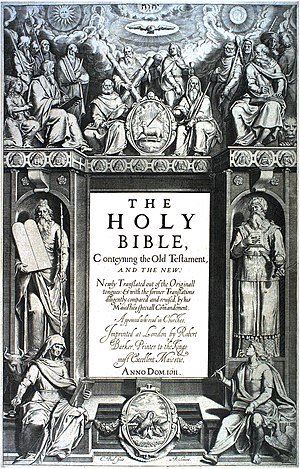Jewish date: 5 ’Av 5770 (Parashath Devarim).
Today’s holidays: The Nine Days (Judaism), Feast Day of Our Lady of Mount Carmel (Roman Catholicism).
Worthy cause of the day: “Friends of Israel Initiative”.

(Parenthetical tangent: Romans are incorrectly depicted as speaking Latin when they really should have been speaking Greek, the other common language used over there at the time. Greek was commonly used enough that the Hebrew Bible was translated into Greek for Greek-speaking Jews during the Second Temple Period. It took a few centuries more for a Latin version to be created. But I digress.)
Rather than work out motives for the antagonists, Gibson puts a great deal of effort into depicting the end of Jesus’s life, from the Garden of Gethsemane to the Resurrection. Standard Christian doctrine is that Jesus suffered and died for our sins so we could receive salvation, and Gibson takes us through all that suffering, step by step, to an extent far greater than any other Gospel film your humble blogger is aware of, to show what Jesus was willing to go through for our sake. The result is a film which is very dark, very ominous, very violent, and very bloody. Not to mention this Jesus really looks and sounds beaten up. Many people will find this too disturbing to watch. The scenes of torture at the hands of the Romans are interspersed with flashbacks, mostly showing Jesus making predictions and encouraging behaviors opposed to the violence he suffers.
Also unusual in this film is the depiction of Satan. Most depictions of Satan in Gospel films are dull, with nothing to really show him as evil. Satan here is surreal and androgynous, neither clearly male nor female, but clearly meant to be attractive. He(?) interacts with Jesus in the Garden of Gethsemane, releasing a snake which Jesus stomps on, possibly meant as a reference to the Garden of ‘Edhen and the punishment of the original snake (Genesis 3:16). Satan continues to stalk Jesus throughout the film, unseen by anyone else, evidently as a cause or symbol of the torment Jesus is put through. Infamously, Satan holds an ugly baby thing while Jesus is being flogged, perhaps a bit of a parallel between the Father and Jesus. (Or maybe not.) Satan is also furious at the end, with Jesus successful in what he set out to accomplish.
The Passion of the Christ is great for reviewing all the horrible things which purportedly happen to Jesus at the end of his life. Unfortunately, the care and detail which went into the making of this film did not go into making the story more believable.
Topic 2: Your humble blogger is getting annoyed by the translators who created the King James Bible not knowing Hebrew well. This past week I have come across translations/transliterations of names of groups of people such as “Anakims” (Deuteronomy 1:28, 2:10-11), “Emims” (Deuteronomy 2:10-11), “Horims” (Deuteronomy 2:12), “Zamzummims” (Deuteronomy 2:20), “Avims” (Deuteronomy 2:23), and “Caphtorims” (Deuteronomy 2:23). The Hebrew suffix -im indicates the plural, mostly of masculine nouns. In each of these cases the -im of a plural noun has been misinterpreted as an integral part of a collective noun. There is no excuse for this level of grammatical incompetence in a translator.
Peace and Shabbath shalom.
Aaron


![Reblog this post [with Zemanta]](http://img.zemanta.com/reblog_e.png?x-id=b05be40b-b397-45a6-b4fd-846cc97ec09c)

![Reblog this post [with Zemanta]](http://img.zemanta.com/reblog_e.png?x-id=89868d59-c312-4b9f-9e6a-e3884ff00556)

![Reblog this post [with Zemanta]](http://img.zemanta.com/reblog_e.png?x-id=6019ad89-a623-4054-97f1-d8f1f9986993)

![Reblog this post [with Zemanta]](http://img.zemanta.com/reblog_e.png?x-id=5b9a82f0-1264-4c07-af8a-b05e4aca077f)

![Reblog this post [with Zemanta]](http://img.zemanta.com/reblog_e.png?x-id=318cb037-679d-4148-aa32-eb10ffef2a8d)

![Reblog this post [with Zemanta]](http://img.zemanta.com/reblog_e.png?x-id=7fd4f2b9-b55d-4822-83e9-178987b1c513)

![Reblog this post [with Zemanta]](http://img.zemanta.com/reblog_e.png?x-id=9d51adb2-e18a-4b72-9dea-bac0ec9fd356)

![Reblog this post [with Zemanta]](http://img.zemanta.com/reblog_e.png?x-id=aa72ab2c-7201-4424-84f9-350e53449be5)

![Reblog this post [with Zemanta]](http://img.zemanta.com/reblog_e.png?x-id=374de5c3-09ee-441d-9922-5e5613494701)